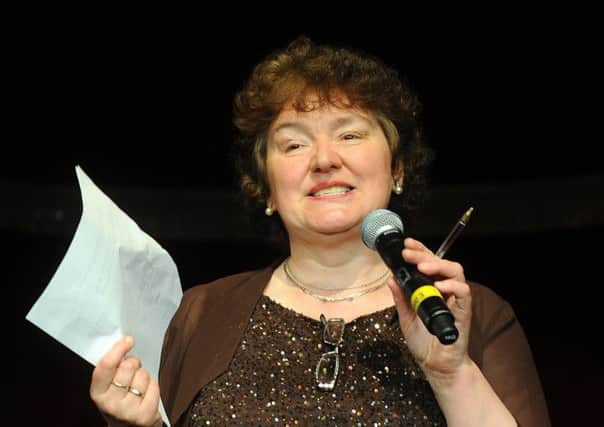Joyce McMillan: Overseas colloboration enriches all


The first was the death, at only 60, of the fine Canadian playwright Linda Griffiths, who had often collaborated with Scottish companies, and who wrote Age of Arousal, the wonderful play about the rebellious women of late 19th century London co-produced in 2011 by the Royal Lyceum and Stellar Quines. And the second was the desperately early death – at 41, also from cancer – of the Serbian actor and theatre-maker Damir Todorovic, who first encountered the Scottish international company Vanishing Point when he was working in Italy in 2008, and became one of their key artistic collaborators. He appeared in the Vanishing Point shows Interiors and Wonderland, and in his own 2013 show As It Is, in which he wired himself to a lie detector, in order to explore his fractured memories of his time as a young Serbian soldier during the Yugoslav war; his artistic courage and honesty were exceptional, as was the beauty and intensity of his stage presence.
Both of these deaths have brought great sadness; but they also act as a powerful reminder of the continuing intensity of Scottish theatre’s international links, almost 25 years on from the great surge of international work that marked Glasgow’s year as European City Of Culture in 1990 – and of the need to keep nurturing those links, if our theatre culture is to grow and thrive.
Advertisement
Hide AdSince 1990, after all, Scotland has essentially evolved from an enthusiastic importer of large-scale international work – the huge Tramway international programmes, led by Peter Brook’s Mahabharata in 1988, that helped inspire the careers of a generation of Scottish-based artists from playwright David Greig to Vanishing Point director Matthew Lenton – into a mass exporter of it, backed by the Scottish Government’s Expo Fund. From huge National Theatre of Scotland shows like Black Watch and Dunsinane to the smallest-scale scale work for children, Scottish theatre is now acclaimed all over the world. And companies like Vanishing Point, Stellar Quines, Catherine Wheels and A Play, A Pie And A Pint, as well as the National Theatre itself, are involved in a constant, steady exchange of scripts and readings, workshops, rehearsals and collaboration.
There is a sense, though, that if much has been gained in the last 25 years, then something has also been lost, in the willingness of Scottish companies and venues to bring international work to Scotland. We still have the Edinburgh International Festival, of course, but what has gradually eroded is the willingness of many individual venues to create and develop their own international links; and above all, Scotland has lost the huge alternative focus for international work once provided by Glasgow’s annual Mayfest.
The excuse, of course, is always that “there isn’t the money”. Yet there wasn’t much money around in the post-industrial 1980s, when Glasgow nonetheless decided to go for it, and become Europe’s leading City Of Culture. And since the launch of the NTS in 2006, there has been more money in Scotland’s theatre scene, in real terms, than there ever was in the 1990s. The question, it seems, is how we choose to spend it; in a new age of fear and caution, when artists need to fight harder than ever for the rights so brilliantly exercised by Linda Griffiths and Damir Todorovoic – the freedom to cross borders of every kind, to learn from strangers, and to bring back the rich and transforming work they offer, to audiences here at home.